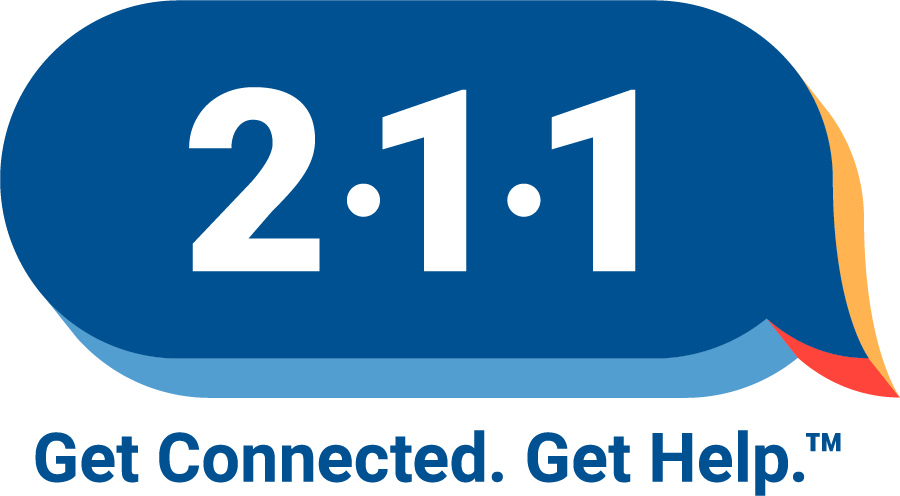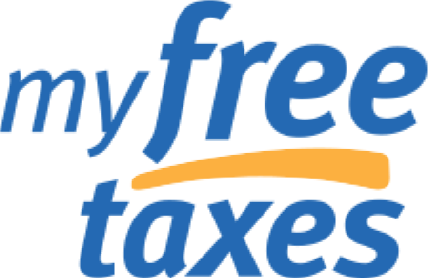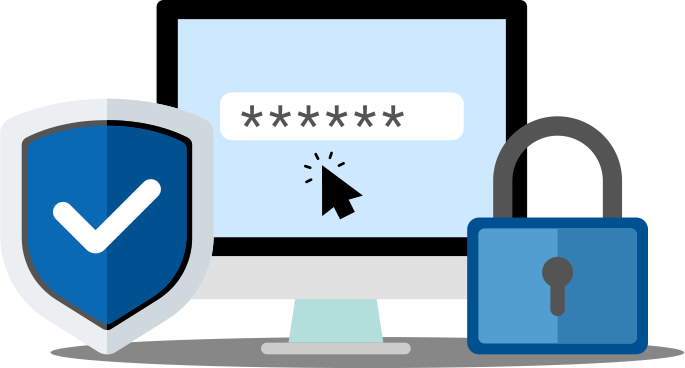Closing the Last Miles of California’s Digital Divide
Internet access today is like electricity or running water. It’s very hard to live without it.
High-speed Internet access, referred to generically as “broadband” and including both wired and wireless technologies, is essential 21st-century infrastructure for economic competitiveness and quality of life. Internet access is required to apply for a job, to participate in school (checking a child’s grades or completing homework assignments), find and access health care and more. Virtually everyone has a smart phone these days, but a smart phone is no way to apply for a job or do schoolwork, and so it is no substitute for broadband serving an entire household.
California’s United Ways fight for health, education and financial stability for every person in every community. That is why, since 2010, we have worked to close the digital divide by helping low-income families get broadband in the home. At first it was difficult because affordable broadband options were very rare, but in the years since, many telecom and cable companies such as Comcast, AT&T, Charter and Frontier, among others, have launched programs to provide affordable broadband in the home to low-income families.
These programs work well where they are available, but many people living in rural communities, as well as large pockets of metropolitan areas like Los Angeles, do not have access to reliable, high-speed Internet access, let alone access to low-cost programs.
According to a just published 2017 Survey of Broadband Adoption in California from UC Berkeley, 31 percent of Californians are unconnected or under-connected, with the result that 12 million people are shut out from our increasingly online society, and from the digital economy.
The main reason for this digital divide—in Los Angeles and around the state—is inadequate high-speed Internet (“broadband”) infrastructure. A California Public Utilities Commission report issued in April 2017 documented that 43 percent of rural households cannot get reliable broadband. In sparsely populated rural areas, as well as metropolitan areas in Los Angeles where residents are very low income, the cost of building broadband infrastructure may seem unjustified by the potential revenue from potential subscribers, so the market hesitates to provide this vital service.
This market barrier is what a broadband infrastructure and adoption program called the California Advanced Services Fund (CASF) is designed to fix. The fund is supported by charging pennies per month on Californians’ phone bills, and the revenue is used to support construction of broadband in unserved and underserved areas. Since 2009, it has funded 58 high-speed Internet infrastructure projects connecting over 100,000 households to the digital economy. This is great progress, but there is much more still to do.
For all these reasons, United Way is a proud member of the Internet for All Now Coalition, which includes 100 community organizations, civic groups, labor unions, public agencies and businesses working to pass the Internet For All Now Act of 2017 (AB 1665). AB 1665 is an economic development no-brainer. It is a bipartisan bill co-authored by 23 Democrats and Republicans, written with cooperation from the telecommunications industry and community advocates, that extends the CASF for five years, with the goal connecting the remaining 360,000 households to broadband, so that California remains a national leader and globally competitive.
The bill includes critical funding for outreach to low income households to connect them to affordable broadband options. It also must ensure that funds will be put to work quickly, with a bias for acting to build access for unserved areas rapidly and efficiently, so communities who have waited years for such state-of-the-art technologies will not suffer undue delay. The Internet for All Now Act is an excellent example how such a pressing policy problem should be solved, by leaders from both sides of the aisle working together with industry and public advocates, and we commend legislators and the telecommunications industry for advancing the bill.
We urge Senators to pass AB 1665 to ensure that all Californians have access to broadband and the opportunities it can provide.
###
Elise Buik is President and CEO of United Way of Greater Los Angeles. Peter Manzo is President and CEO of United Ways California.



